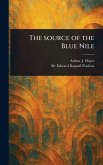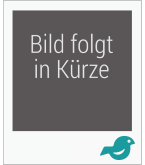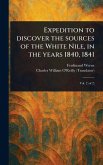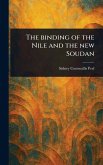"Travels to Discover the Source of the Nile, Volume 3" recounts James Bruce's remarkable 18th-century journey through Africa, specifically his exploration of Ethiopia. This historical text documents his travels between 1768 and 1773 as he sought the source of the Nile River. A vital resource for those interested in the history of exploration, African history, and travel narratives, this volume offers a unique perspective on the geographical and cultural landscape of the region. Bruce's detailed observations provide valuable insights into Ethiopia's history and the challenges faced by early explorers. This expedition, meticulously recorded, remains a cornerstone of African historical literature and a testament to the spirit of discovery. This work has been selected by scholars as being culturally important, and is part of the knowledge base of civilization as we know it. This work is in the public domain in the United States of America, and possibly other nations. Within the United States, you may freely copy and distribute this work, as no entity (individual or corporate) has a copyright on the body of the work. Scholars believe, and we concur, that this work is important enough to be preserved, reproduced, and made generally available to the public. We appreciate your support of the preservation process, and thank you for being an important part of keeping this knowledge alive and relevant.
Bitte wählen Sie Ihr Anliegen aus.
Rechnungen
Retourenschein anfordern
Bestellstatus
Storno









